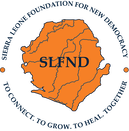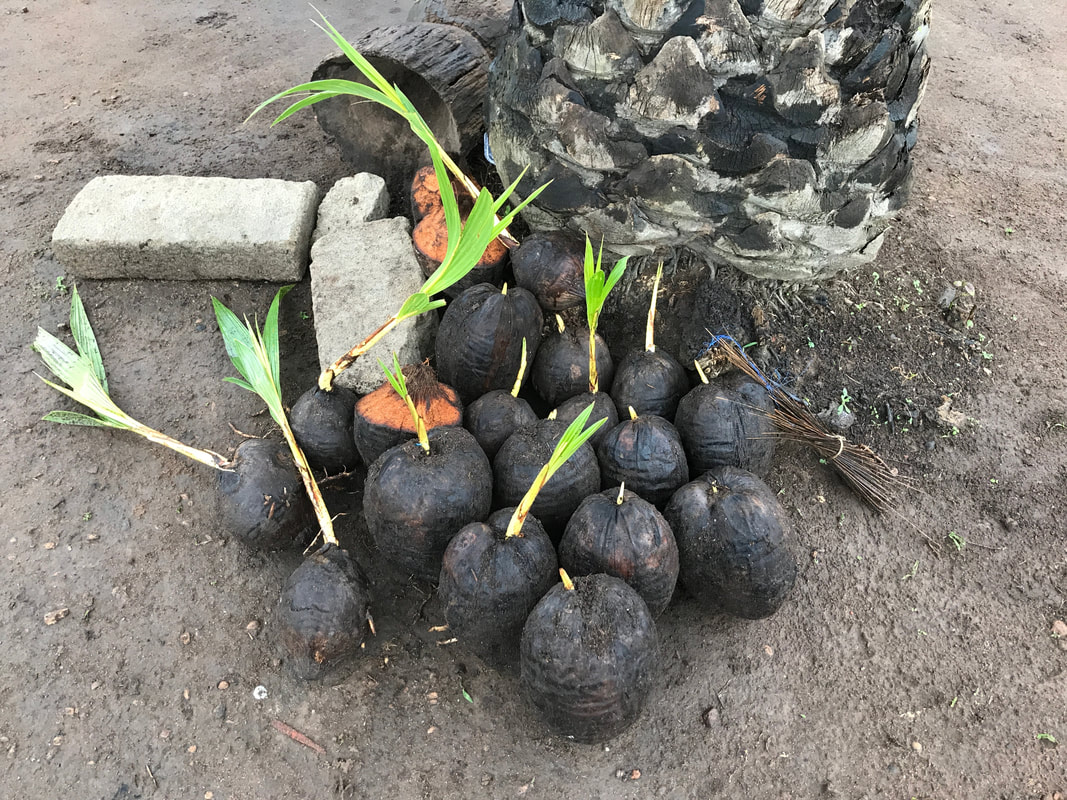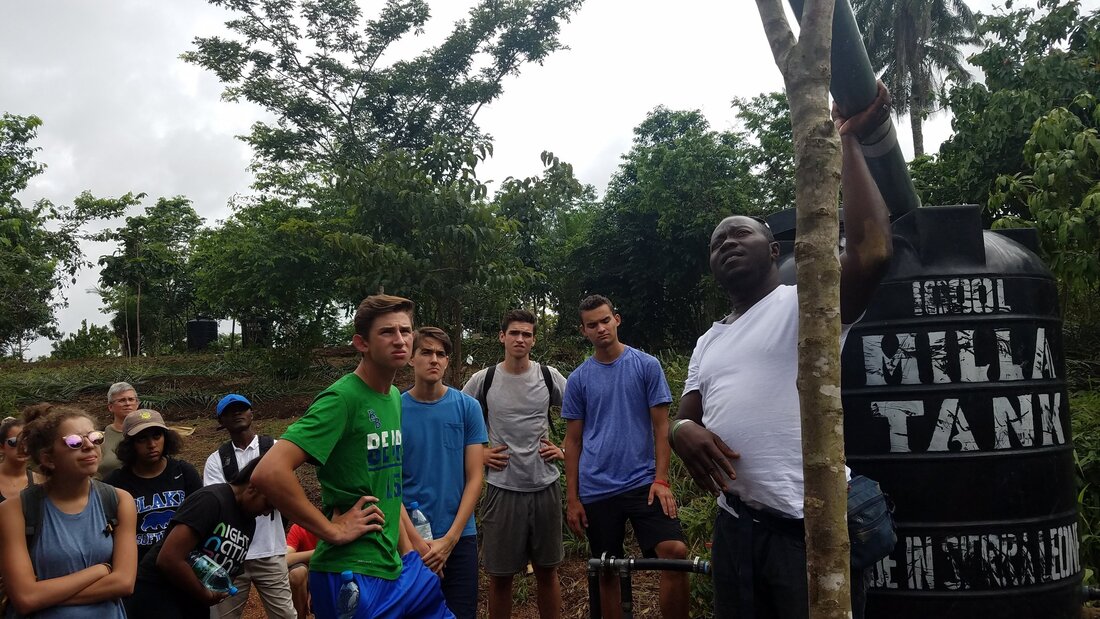INDIGENOUS PHILOSOPHIES OF TEACHING
Webinar and Symposium
Starting in February, SLFND will be partnering with Seven Teachings to bring you insightful discussions
on Indigenous and Diasporic approaches to education.
These talks will allow people to intentionally consider surviving traditions while discussing the best way to put them in practice for the oncoming generations. Everyone is invited, though, teachers / educators, and allies serving Indigenous communities will be the focus.
Subscribe to our mailing list to get all the latest information on the Webinar and Symposium.
on Indigenous and Diasporic approaches to education.
These talks will allow people to intentionally consider surviving traditions while discussing the best way to put them in practice for the oncoming generations. Everyone is invited, though, teachers / educators, and allies serving Indigenous communities will be the focus.
Subscribe to our mailing list to get all the latest information on the Webinar and Symposium.
Indigenous Philosophies of Teaching Symposium
Overarching Goals:
- Bring local & international participants together to share knowledge about indigenous work from around the globe
- Create genuine partnerships and collaborations among indigenous groups and non-indigenous groups
- Acknowledge our commitment to uphold and protect the land and all that is within
- Develop or revive educational framework that supports indigenous learning styles
- Support and uphold the ethics of permaculture
About the Symposium
This one day Symposium is designed to bring indigenous, diasporic communities, and supporters of their work together to present and acknowledge the generations of disruption caused by colonization & enslavement that has reduced our collective efforts to a singular identities. The day's activities allow participants to learn about some of the indigenous works taking place across the world to intentionally build humble, supportive practices and actions. Farmers, educators, activist, artistes, policy makers, performers, and students of all backgrounds will be welcomed into a space for connection, exchange, and growth. This symposium's intends to creating the space to initiate and activate efforts in real time while bringing awareness and acknowledgement to indigenous communities and their work from around the world.
Meals for the conference will be provided by local community businesses, presenters will include indigenous community members living within or outside the US. At the heart of our conversation, participants will also hear and experience shared examples of how indigenous communities are relating to other works and struggles locally and globally. For example we will talk about the Dakota Access Pipeline, immigrant rights, cooperative economics, alternative democratic narratives to support land & food right and climate change impact, and the health challenges we face today including Ebola and the Coronavirus or COVID 19.
Participation Objectives:
This one day Symposium is designed to bring indigenous, diasporic communities, and supporters of their work together to present and acknowledge the generations of disruption caused by colonization & enslavement that has reduced our collective efforts to a singular identities. The day's activities allow participants to learn about some of the indigenous works taking place across the world to intentionally build humble, supportive practices and actions. Farmers, educators, activist, artistes, policy makers, performers, and students of all backgrounds will be welcomed into a space for connection, exchange, and growth. This symposium's intends to creating the space to initiate and activate efforts in real time while bringing awareness and acknowledgement to indigenous communities and their work from around the world.
Meals for the conference will be provided by local community businesses, presenters will include indigenous community members living within or outside the US. At the heart of our conversation, participants will also hear and experience shared examples of how indigenous communities are relating to other works and struggles locally and globally. For example we will talk about the Dakota Access Pipeline, immigrant rights, cooperative economics, alternative democratic narratives to support land & food right and climate change impact, and the health challenges we face today including Ebola and the Coronavirus or COVID 19.
Participation Objectives:
- Develop an understanding and acknowledgment of indigenous work around the world
- Learn what work is being done to revive and preserve ancestral traditions from indigenous communities across the earth
- Engage with compassionate critical thinking people by discussing the environmental work being championed by indigenous communities around the world
- Build and develop connections needed to do this work
- Deepen solidarity with indigenous communities from a place of humility and collaboration


